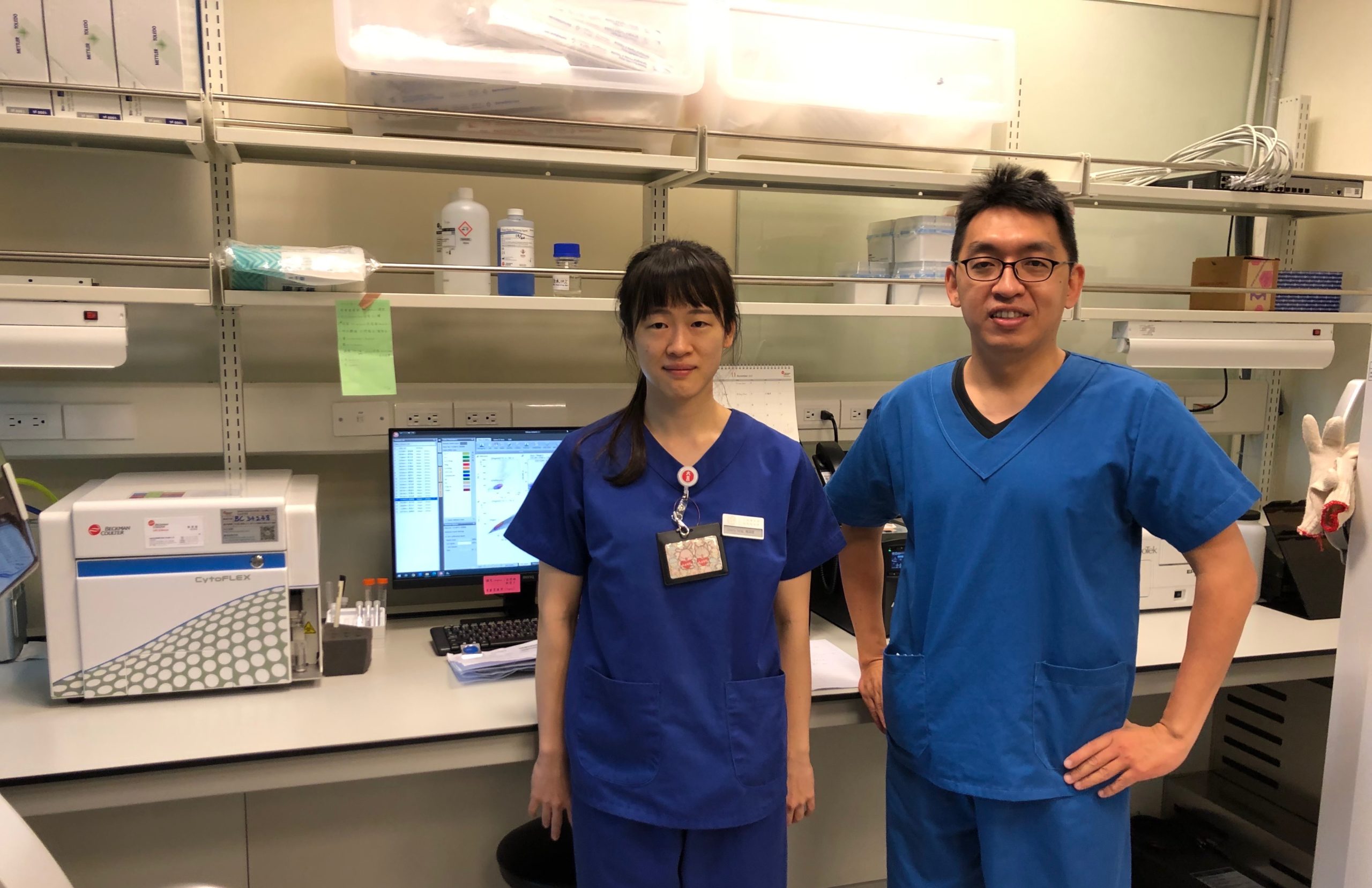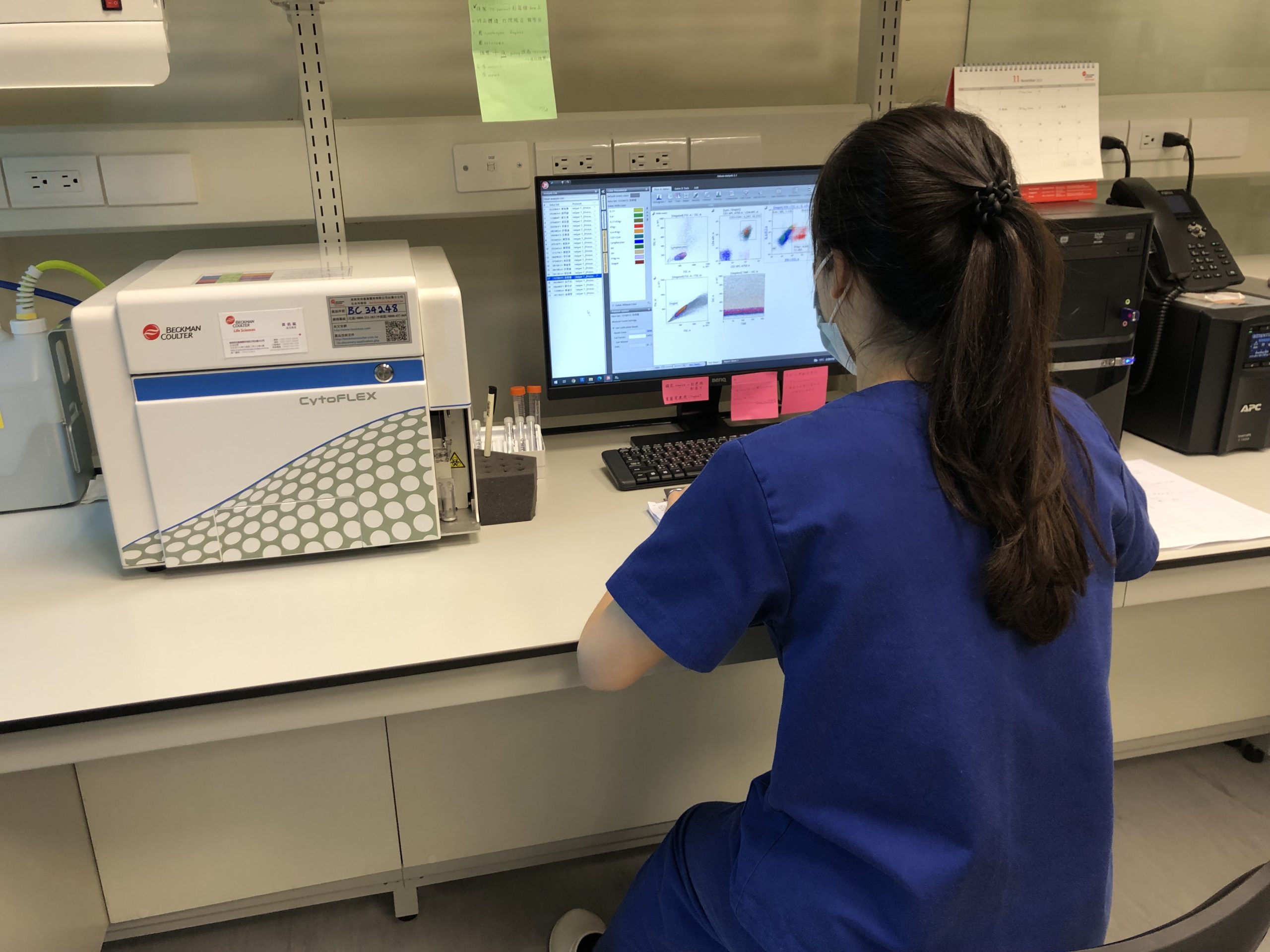How the IHMED Reproductive Center Improves Infertility Outcomes by Targeting Immune Response
Of the many factors that influence the success rate of in vitro fertilization, immune infertility is particularly difficult to control. The phenomenon, where the immune system misidentifies and attacks the sperm, ovaries or other parts of the reproductive system, strikes many women, even when they do not have autoimmune disorders or dysfunction in their immune system. This highlights a need for precise screening for immune abnormalities to identify the cause of infertility.
To understand the issue of immune infertility, Fred Weng, MD, Executive Director of IHMED Chinese Medical Clinic, set up the Reproductive Center based in Taiwan, which integrates embryology, genetic, and immunology laboratories.
The facility gives physicians a place to monitor the immune profile and changes in expectant mothers. Additionally, the center combines Western and Chinese medical practices to help women in the journey from conception to childbirth, offering a range of services covering impregnation, infertility treatment and risk management during pregnancy.
A core service of the Reproductive Center is immunophenotyping, a technique that identifies and assesses immune cell types based on the proteins expressed on their surfaces.
Immunophenotyping and Integrative Medicine in the Treatment of Immune Infertility
“Reproductive medicine treats infertility and other reproductive problems in the ovaries, fallopian tube and uterus (womb) through basic research, biochemistry and genetic screening. However, when women experience recurrent pregnancy loss, we need to look at the issue from the immunological perspective,” said Chi Shiuan Lin, MD, a physician at the IHMED Chinese Medical Clinic.
One of the procedures carried out at IHMED is in vitro fertilization, where an embryo fertilized outside the mother’s body is introduced into the uterus for implantation.
As half of the developing embryo belongs to the other parent, it may be mistaken as a foreign entity by the mother’s immune system, triggering countermeasures against the embryo, such as the generation of anti-fetal antibodies by the placenta and inflammatory molecules that attack the reproductive system. This ultimately results in miscarriages and pregnancy loss.
The first eight weeks of pregnancy are particularly fraught with risk, underscores an urgent need for immunophenotyping to understand the expectant mother’s immune response. The use of hormone therapies and other medications, typically during the implantation and fetal development, makes standard monitoring technology, such as ultrasound, biochemistry and thrombosis, necessary.
If abnormalities are detected before implantation, steroid medications such as dexamethasone can be used to lower inflammation, while preventive immunosuppressants could stifle the immune response.
On the other hand, Chinese medicine puts the emphasis on homeostasis. Interventions for immune infertility are non-invasive and involve enriching the quality of eggs, balancing endocrine secretion levels, regulating the menstrual cycle, and reducing inflammation and allergic reactions.
Immunophenotyping supports both Western and Chinese approaches to immune infertility and helps the physician design treatment regimens for the patient.
Profiling Immune Cells for High-Risk Groups
Patients who suffer from repeat implantation failure, secondary infertility, unexplained miscarriages or infertility are candidates for immunophenotyping. The test is particularly recommended for individuals with autoimmune disorders, as their condition may trigger during pregnancy, putting them at high risk for miscarriage.
IHMED utilizes Beckman Coulter’s CytoFLEX flow cytometer with DURAClone dry antibody panel to carry out supportive immunophenotyping assays.

The assays are designed to detect immune cell (e.g., NK cell, monocytes) biomarkers in the peripheral blood and endometrium. Imbalances in these cell populations could occur in the rejection of the placenta.
Another important cell is the T helper cell. Information regarding Type 1 and Type 2 T helper cells are usually assessed via blood samples taken before and after an implantation, to understand the expectant mother’s immune profile. This allows for prompt medical intervention when abnormalities are found.

An Accurate and Rapid Evaluation is Key to Treating Immune Infertility
“Infertility treatment is sometimes very urgent. The window of opportunity for treatment can be narrow, and if passed may render medical interventions ineffective,” said Lin. Therefore, accurate and rapid acquisition of an individual’s immune profile is vital in the healthcare setting.
According to IHMED lab technician Han-jun Yang, Beckman’s flow cytometer and DURAClone assays come with two major benefits: a standard operating procedure and the ability to generate reproducible results.
By using reliable research equipment and techniques, an exclusive immunological database for the population can be established, allowing for a more refined reference for immune infertility care.
CytoFLEX and DURAClone are For Research Use Only.
Not for use in diagnostic procedures.
© 2022 Beckman Coulter, Inc. All rights reserved. Beckman Coulter, the stylized logo, and the Beckman Coulter product and service marks mentioned herein are trademarks or registered trademarks of Beckman Coulter, Inc. in the United States and other countries. All other trademarks are the property of their respective owners
©www.geneonline.com All rights reserved. Collaborate with us: service@geneonlineasia.com









